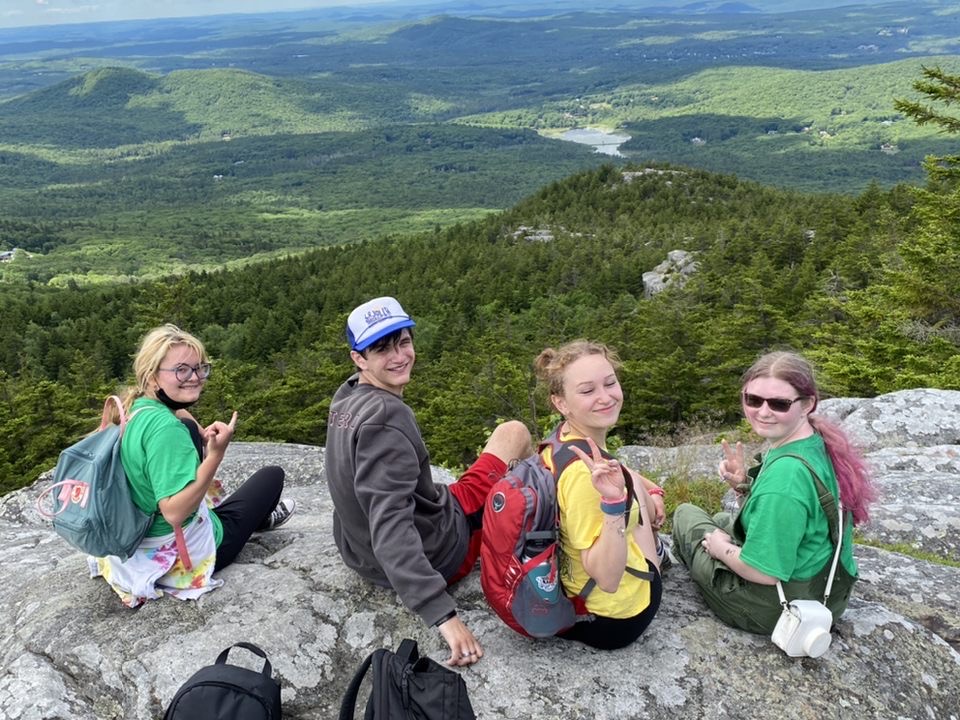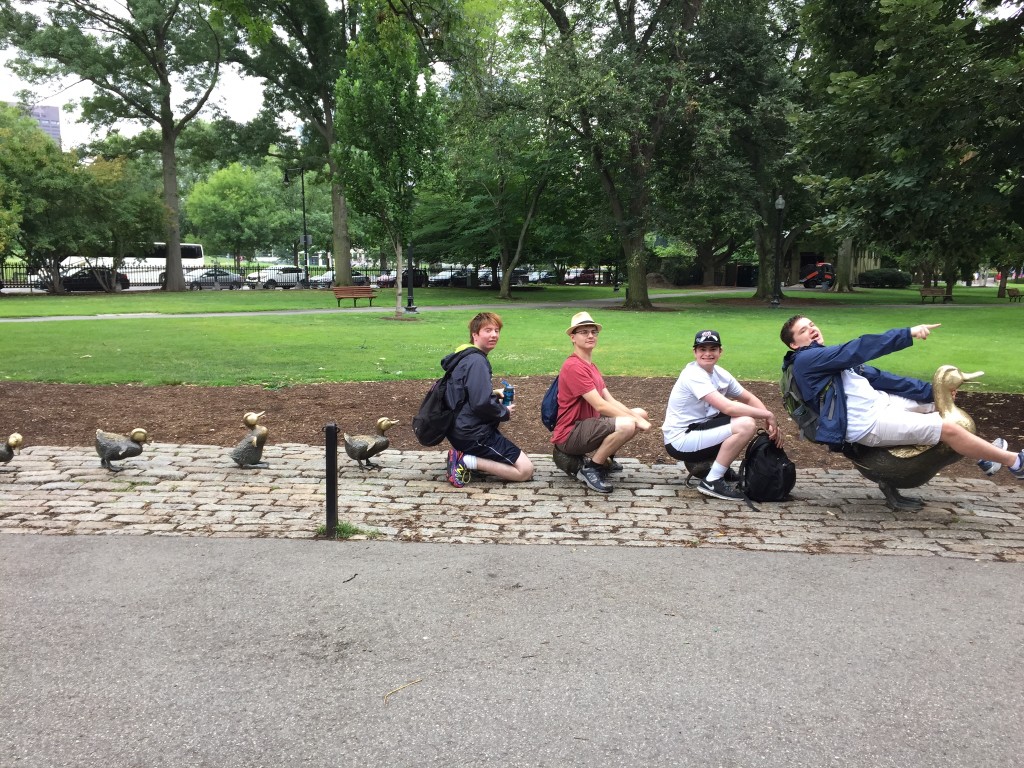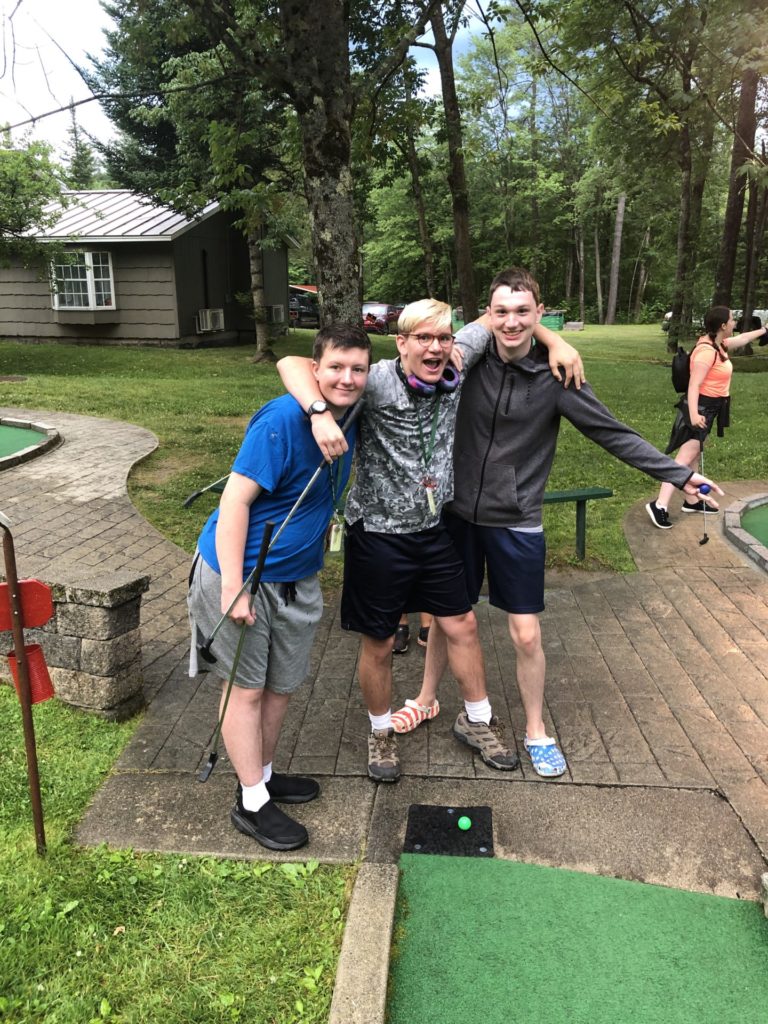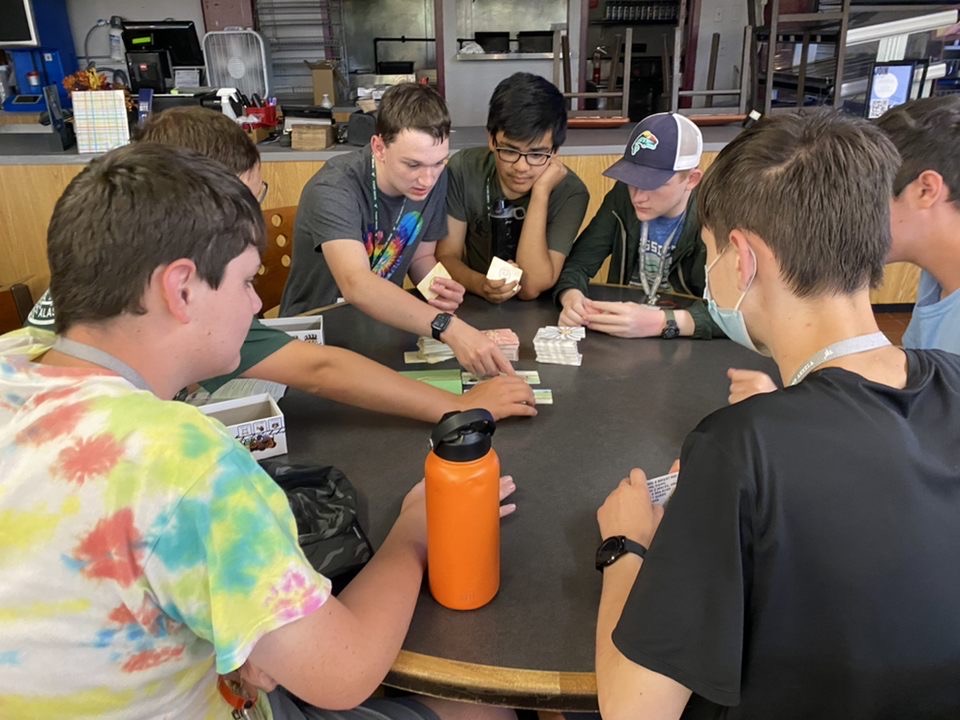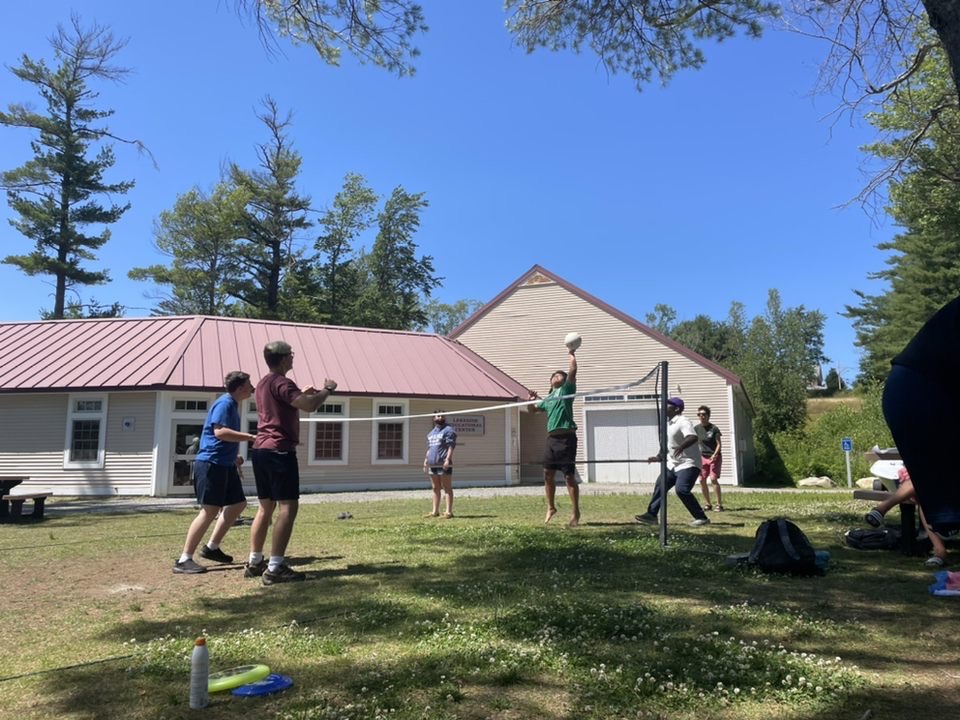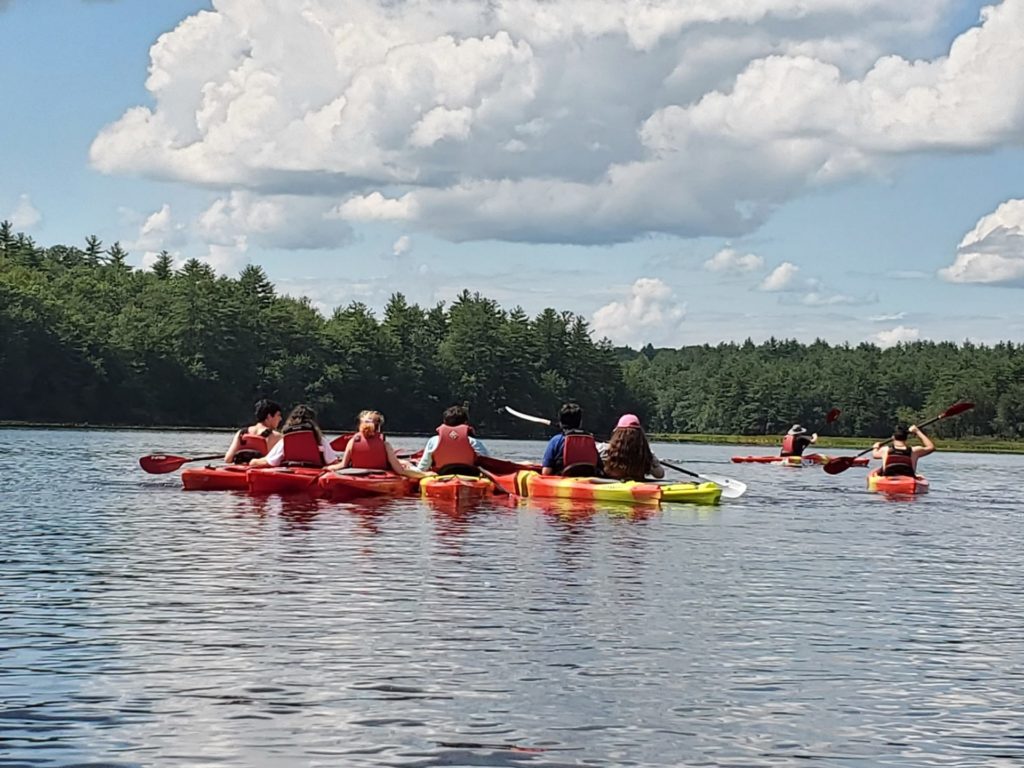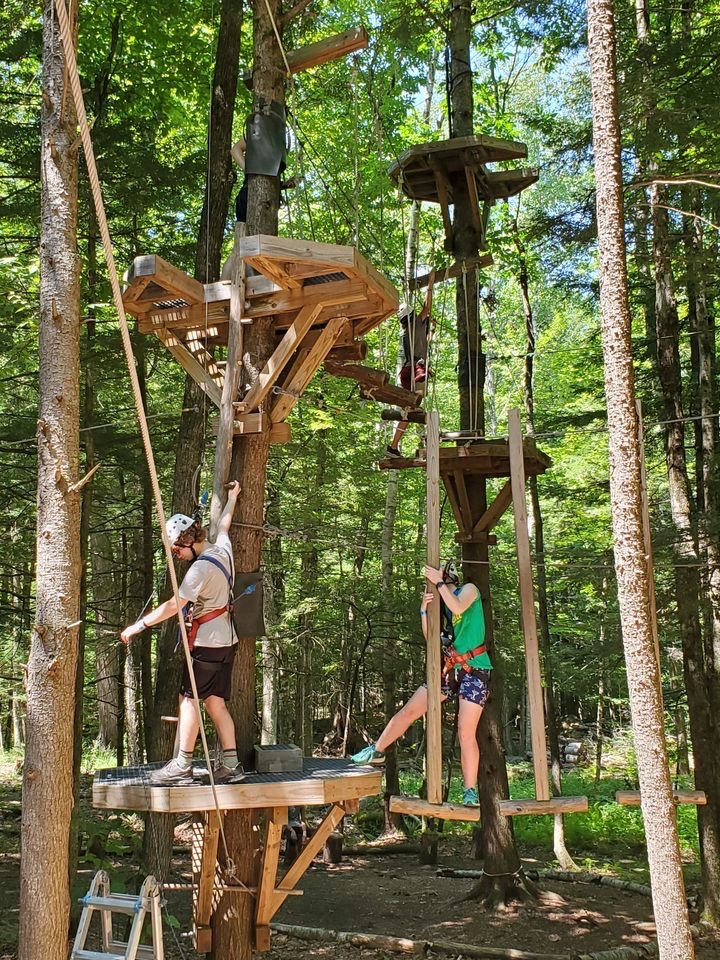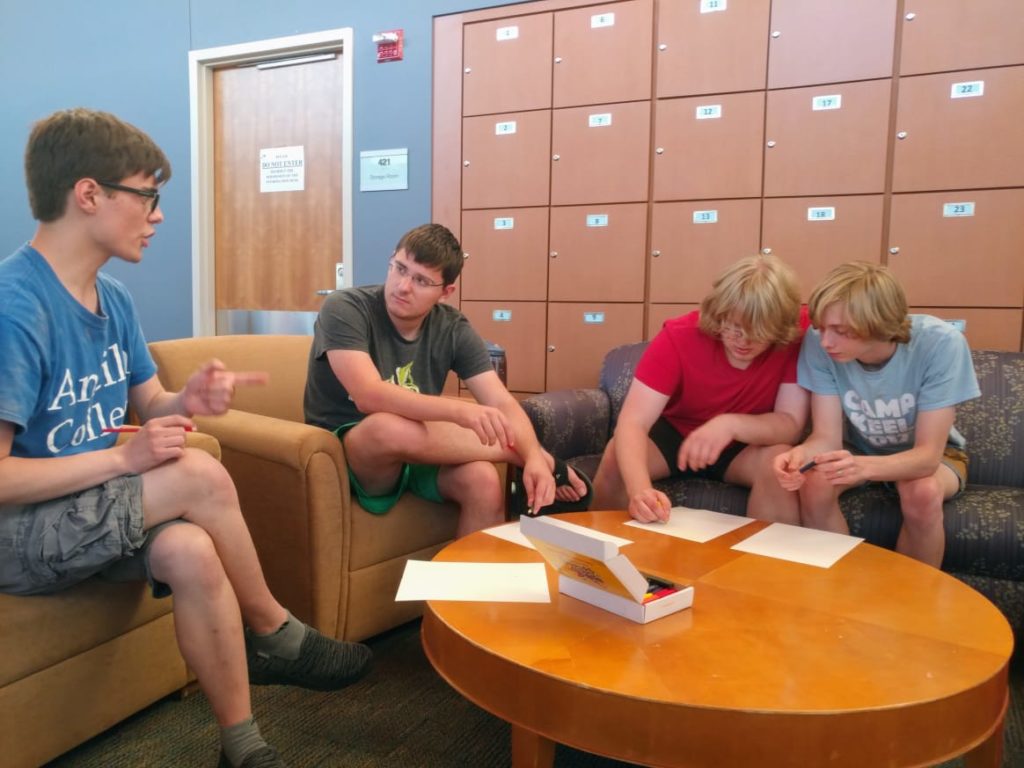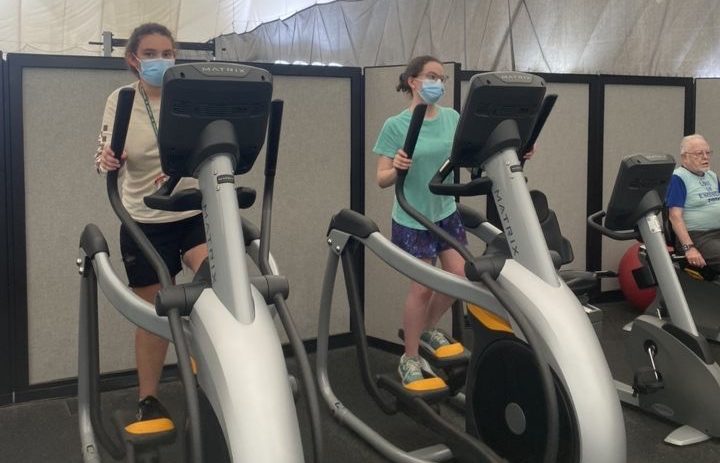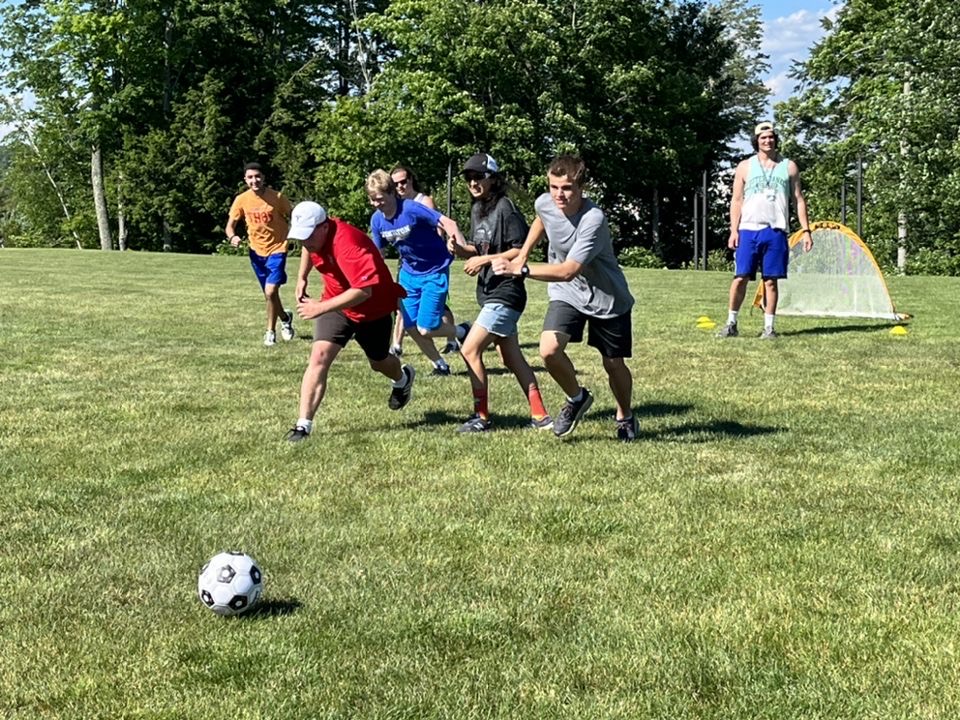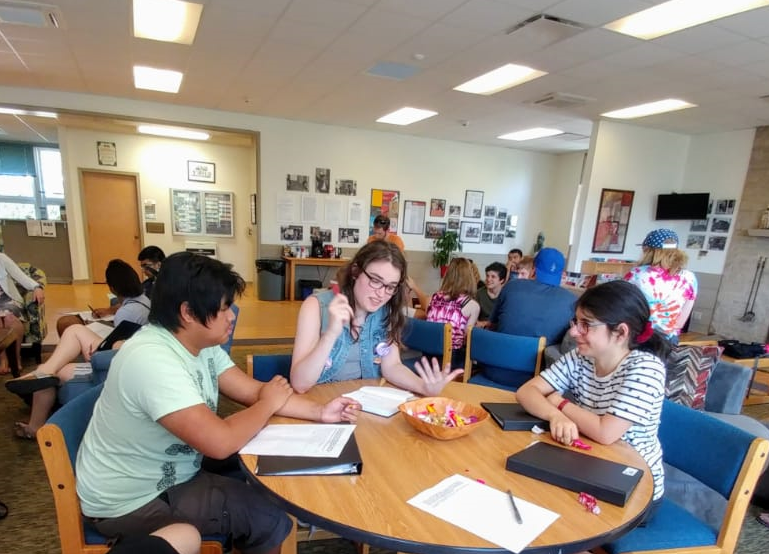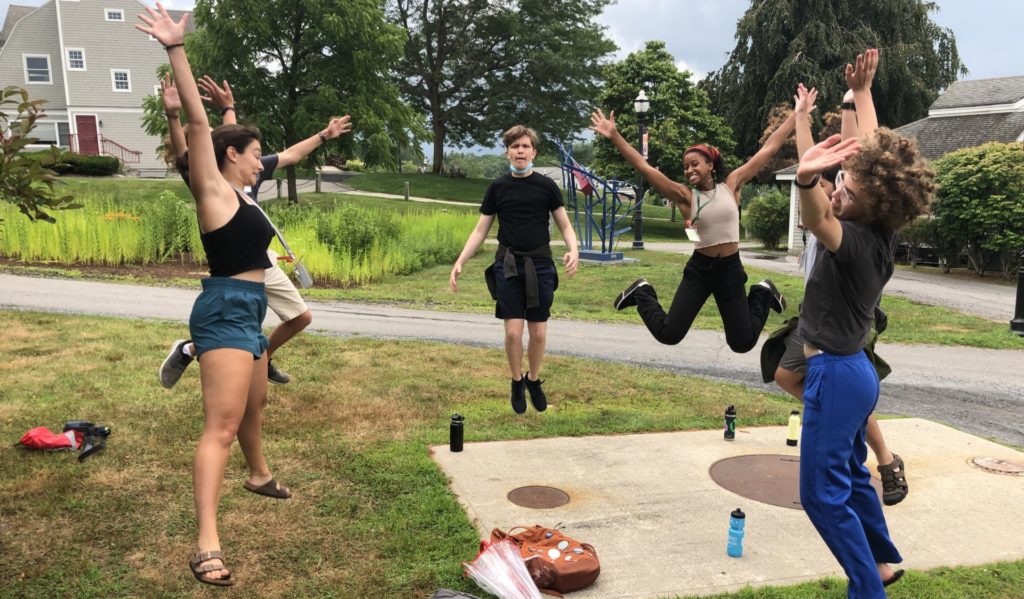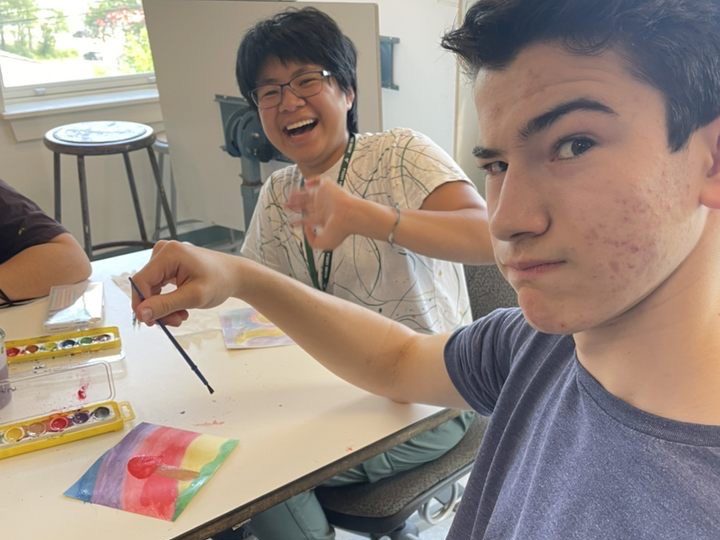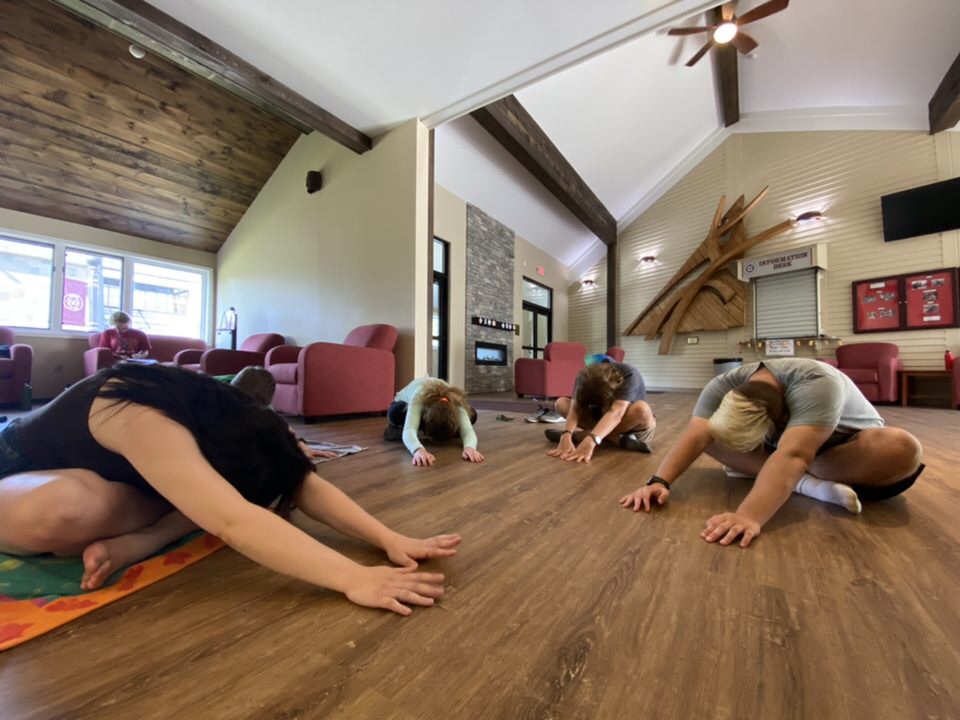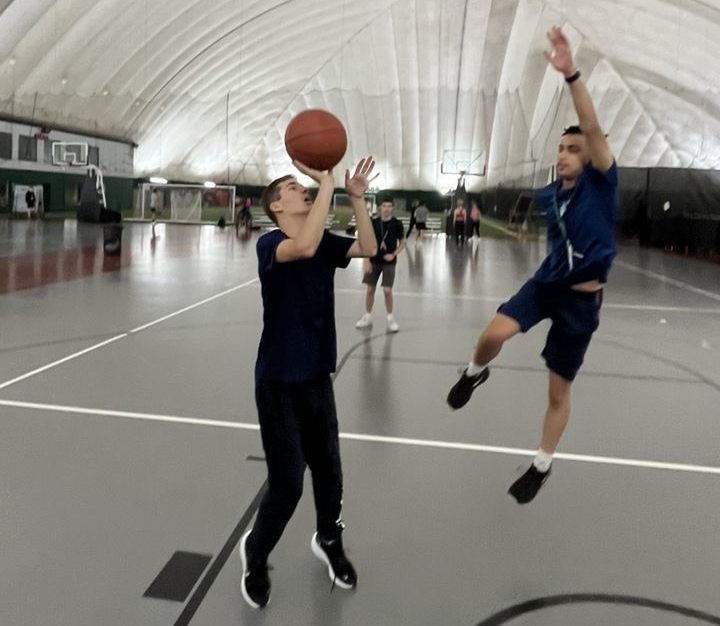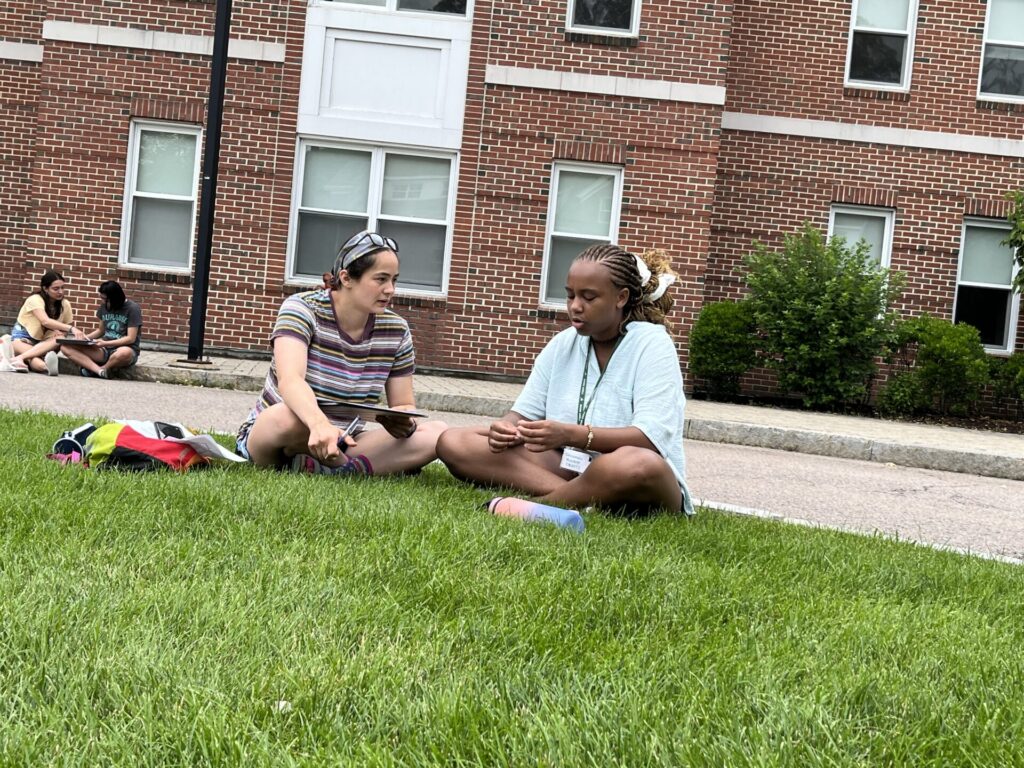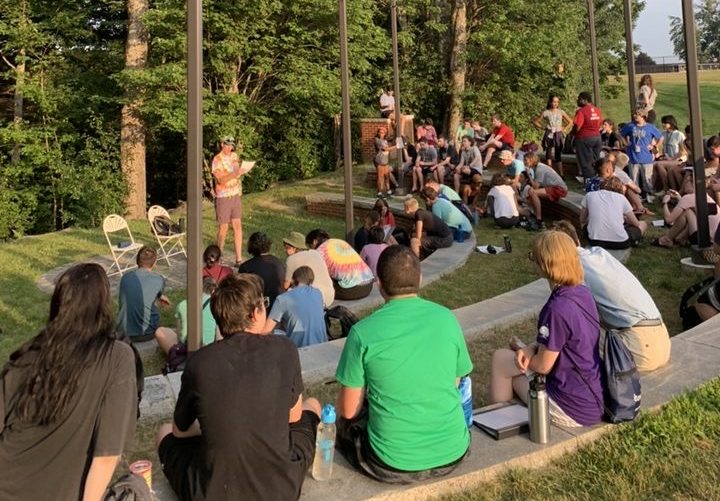The transition from high school to college is a big deal for every student, but for neurodivergent teens—those with ADHD, autism, NVLD, or other cognitive differences—this shift can bring unique challenges. With the right preparation during senior year and the summer before college, neurodivergent students can set themselves up for a successful and smooth transition. Here’s how to make the most of this crucial time.
1. Hone Self-Advocacy Skills
One of the biggest changes in college is the expectation that students will advocate for themselves. Unlike high school, where parents and teachers often provide accommodations without students asking, college puts more responsibility on the individual. Senior year is the perfect time to fine tune these skills.
- Understand Your Needs: Reflect on what accommodations have helped you succeed in high school. Whether it’s extended time on tests, note-taking assistance, or quieter environments, knowing what works for you is key.
- Research College Disability Services: Look into how accommodations are handled at the colleges you’re applying to. Contact their disability services offices to understand their processes. Ask about what documentation is required and what types of supports are available.
- Practice Communication: Start small by explaining your needs to teachers or coaches during your senior year. This will help build confidence in asking for accommodations in college. Role-playing conversations with trusted adults can also be helpful.
2. Develop Time Management and Organizational Strategies
In college, you’ll have more freedom, which comes with more responsibility. Classes aren’t always scheduled back-to-back, and professors don’t typically remind students of deadlines. Neurodivergent teens can benefit from using senior year to establish strong time management and organizational habits.
- Use a Planner or Digital Tool: Experiment with different types of planners, apps, or tools to organize assignments, deadlines, and activities. Find what works for you now so that you’re comfortable using it in college.
- Create Routines: Establish routines that can help with daily tasks, like setting aside specific times for homework or self-care. Having structured routines during senior year will make it easier to adapt to the less rigid structure of college life.
- Learn to Break Down Tasks: Large projects can feel overwhelming, especially when you have months to complete them in college. Practice breaking down big assignments into smaller, more manageable steps, and set mini-deadlines to stay on track.
3. Build Independent Living Skills
For many neurodivergent teens, college may also mean living away from home for the first time. The summer leading up to your freshman year is an excellent time to practice independent living skills.
- Practice Basic Life Skills: Whether it’s doing laundry, grocery shopping, or preparing simple meals, practicing these skills during your senior year and the summer will help you feel more confident in your ability to manage daily life in college.
- Develop Money Management Skills: College often comes with financial responsibilities, like budgeting for food, books, and entertainment. Start practicing budgeting in your senior year by managing a small allowance or part-time job income.
- Familiarize Yourself with Medication Management: If you take medication, work on remembering to take it without reminders from others. Set up systems, like using alarms or pill organizers, to keep track of your meds.
4. Explore Social Opportunities
Social life in college can be exciting but also overwhelming. Preparing for this aspect of the college experience is essential for neurodivergent teens.
- Participate in Senior Year Social Events: Attend social activities in high school to practice making social connections. Whether it’s a club meeting, school dance, or group project, these experiences can help you get more comfortable in social settings.
- Learn to Set Boundaries: In college, you’ll meet many new people, and it’s important to know how to set personal boundaries. Practice politely saying “no” to activities or requests that make you uncomfortable or are too overwhelming.
- Research Social Clubs and Support Groups at Your College: Many colleges have clubs specifically for neurodivergent students or others with shared interests. Over the summer, look into these options so you can feel more connected when you arrive.
5. Utilize Summer Programs
Many colleges offer transition programs over the summer specifically designed to help neurodivergent students acclimate to college life. These programs can include workshops, social events, and introductions to key campus resources.
- Attend a Summer Transition Program: If available, consider participating in a program tailored to neurodivergent students. These programs can help you become familiar with the campus, meet other students, and learn strategies for managing college coursework.
- Brush Up on Academic Skills: Use the summer to review skills you might need for college courses. Whether it’s math, writing, or research skills, taking a refresher course or working with a tutor can help you start college feeling prepared.
6. Develop a Mentor Relationship
Having a mentor can be a tremendous asset during this transition. Mentors can offer guidance, answer questions, and provide emotional support as you navigate your new environment.
- Find a Mentor in Your Senior Year: Look for someone who can help guide you through the process—whether it’s a teacher, family member, or older student with similar experiences. This relationship can be particularly valuable in the months leading up to college.
- Stay in Touch Over the Summer: As you prepare for college, your mentor can offer advice on everything from packing for the dorms to managing stress. Regular check-ins can keep you grounded and feeling supported.
Conclusion
The transition to college can be daunting, but with thoughtful preparation during senior year and the summer before freshman year, neurodivergent teens can equip themselves with the tools they need to thrive. By focusing on self-advocacy, developing organizational and independent living skills, building social connections, and seeking out support, you’ll be ready to embrace this exciting new chapter with confidence.




